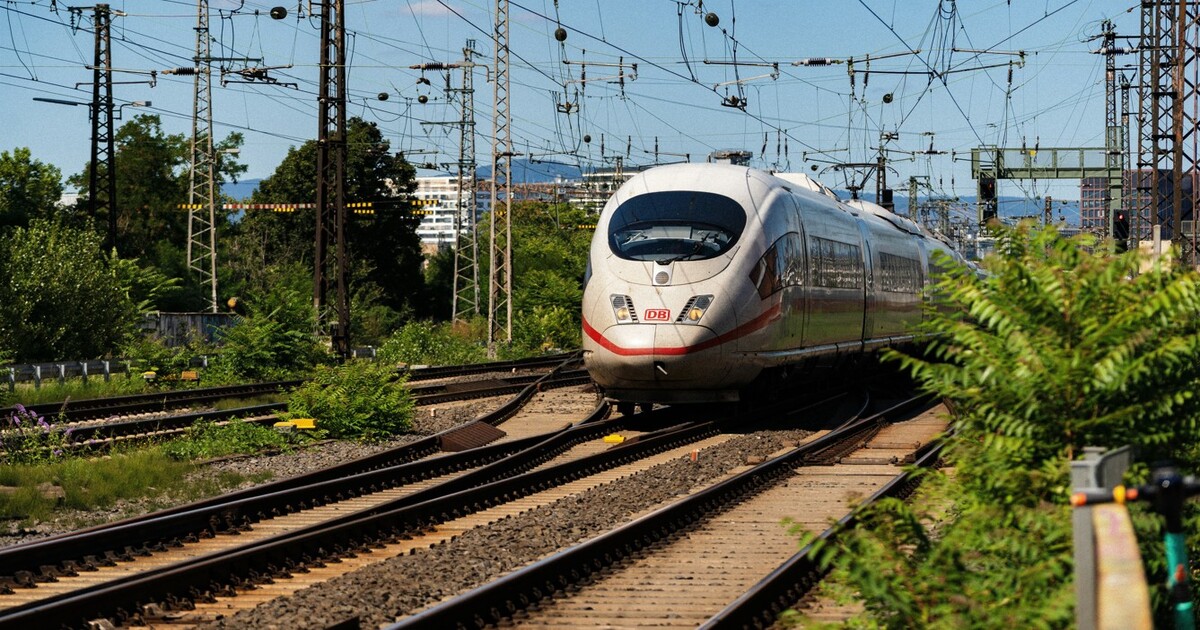
Let me first dispel the myth that all Germans speak English. It is quite simply not true.
And even those Germans who speak English well are unlikely to know the word “loopy.” But they should.
Here is why: Germany is becoming one of the loopiest countries in Europe — loopy meaning mad or silly. I experienced it first-hand recently when I was on a reconnaissance mission to prepare for future wine walks in Germany.
So much for German punctuality
First of all, my train from Paris to Frankfurt departed two hours late. This is not entirely surprising. German trains are frequently very late or cancelled — something which is quite rare in France.
Then the most amazing thing occurred during my trip on a local train from Sankt Goarshausen to Frankfurt. About one-quarter of the way into the trip, the train stopped at the tiny town of Kaub.
The train driver announced that he had completed his required working hours for the day. He was leaving the train, and a replacement driver would come along in 40 minutes.
So, there we were, all the passengers, stranded in the middle of nowhere. Some passengers got out of the train and moseyed around.
Extraordinary — for the wrong reasons
I was seated next to a Japanese lady. She was astounded. This would never happen in Japan. I doubt that it would even happen in Australia, where I am originally from.
The astonishing thing was the calm of the German passengers. A young student (who spoke perfect English thanks to his Irish girlfriend) explained to me that this is the “new Germany” where things just do not work anymore.
“Old Germany” is gone
The “old Germany” of industrial and economic efficiency has gone. Sure enough, a taxi arrived near the train and deposed a new driver. Our journey continued.
And everyone seemed relaxed and calm in this new Germany. The tragedy is that this new Germany still has so much to offer.
Prior to this little train adventure, I had done a boat trip on the Rhine river from Mainz to Sankt Goarshausen. The landscape is stunningly beautiful — with vineyards climbing up steep hill slopes. The villages look charming. Places like Rüdesheim, Bacharach and Oberwesel.
And I discovered that the possibilities for wine walks through that amazing countryside are endless.
Efficiency replaced by unreliability
Even so, in Germany, one must always deal with the unreliability of its public transport, much as one does in India.
But the real drama is this. In today’s world with an erratic and unreliable United States and a psychotic Russia, the world needs a Germany that is able to manage its own basic affairs competently.
Conclusion
It is difficult to see that a Germany that cannot even manage its public transport reliably is up to the challenge of helping resolve significant global challenges.
Takeaways
The “old Germany” of industrial and economic efficiency has gone. In “new Germany” things just do not work anymore.
In Germany, one must always deal with the unreliability of its public transport, much as one does in India.
In today’s world with an erratic and unreliable United States and a psychotic Russia, the world needs a Germany that is able to manage its own basic affairs competently.
It is difficult to see that a Germany that cannot even manage its public transport reliably is up to the challenge of helping resolve significant global challenges.

